WMMI says it can rise to occasion
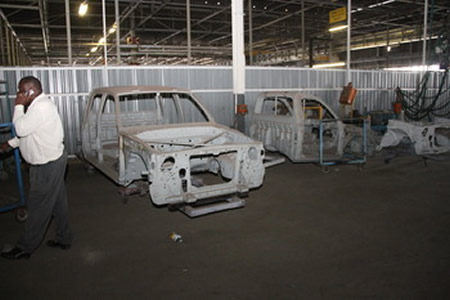

Engineer Moses Goronga in a workshop with some car shells at the Willowvale Mazda Motor Industries complex in Harare yesterday
Zvamaida Murwira Senior Reporter
Willowvale Mazda Motor Industries has said it is ready to assemble more than 9 000 units of vehicles per year, including affordable second hand vehicles that could be used by first time owners and low income earners should the Government ban the importation of second hand Japanese vehicles.
WMMI managing director Engineer Dawson Mareya said they were prepared to sell cars on hire purchase provided banks were recapitalised to support the move and that would make them more affordable, although he did not disclose how much the cars could be sold.
But a Madza 3 costs nearly $20 000 at WMMI, an amount far beyond the reach of many.
Eng Mareya said by banning the uncontrolled importation of used vehicles, resources would be redirected to the purchase of locally generated used vehicles in due course.
The 9 000 units WMMI is proposing per year are far less from satisfying demand for vehicles in the country considering that at least 206 519 cars worth over $606 million were imported last year.
ALSO SEE
The amount translated to about $250 million in import duty accruing to the Government.
Eng Mareya said they had since engaged franchise holders of other vehicle brands to secure the rights to assemble other cars that were not Mazdas, but the stumbling block was the absence of financial and policy measure support.
This comes as Finance Minister Patrick Chinamasa has expressed misgivings over the importation of second hand vehicles which he said was a waste of foreign exchange and that they were junk.
Eng Mareya, whose car assembly firm is at zero percent production level, said a ban on the importation of second hand vehicles would have a positive implication on the local motor industry.
“The implication of a ban of importation of second hand vehicles will increase sales of locally assembled vehicles, reduce the need for a multiplicity of spare parts needed to service these time expired motor vehicles, thereby increasing the quality of after-sales service provision and reduce the foreign currency outflow and reserve it for new vehicles and other essential requirements,” he said.
Eng Mareya argued that there was need to put in place conducive policies in order to capacitate WMMI to satisfy the local demand with cheap vehicles.
“My view is that in the 1980’s and 90’s we did not need these grey imports because we used to produce our own second hand vehicles to meet the needs of the lower end of the market (entry level) for the first time buyers,” he said.
Eng Mareya called for the recapitalisation of local banks so that they were able to provide credit line facilities for the purchase of both new and used vehicles.
“We have always been able to secure enough external funding to provide locally assembled motor vehicles to the market,” he said.
“This is the primary role of the local assemblers. Anywhere in the world, it is the responsibility of financial institutions to provide consumer funding for this purpose.”
Eng Mareya said the importation ban would promote continued fiscal support to the industry and facilitate wealth creation and local empowerment in line with Zim Asset objectives.
He said the continued existence of vehicle imports would spell the permanent demise of an industry that used to support over 30 companies in both upstream and downstream industries, create employment, value addition and widening of the revenue base for the fiscus.
Affirmative Action Group chief executive officer Dr Davison Gomo said there was need for a win-win arrangement where Government put support measures to capacitate the local industry and avoid stifling the desire by people who want to own cheap and competitive vehicles that are not locally available.
“It’s a chicken and egg situation,” he said “Should we first capacitate local industry before banning or vice versa? If you are in an economy battered to its knees over a long time, resurrecting it to function back to normal is not easy.”
He said Government’s economic blueprint, Zim Asset provided adequate policies to revive the economy and the revival of WMMI would be part of the success of the economic blueprint.
Herald readers had mixed views to Minister Chinamasa’s sentiments yesterday as they reacted on the paper’s Online platform.
One of the readers who used the name Judas Iscariot said WMMI should be able to provide the same deals as those people get from Japan.
Another one called uMkhonto said the solution was for the Government to encourage investors into the country to open factories so that people get employment and are able to pay taxes for Government to afford service delivery.
Stanford said: “Willowvale won’t assembly junk. That is the point the minister was at pains to say. Used cars from Japan, for example, appear cheaper, but are in reality no good value for your dollar my brother.”
Ian said the Japanese vehicles were creating a new business opportunity for those interested.
Pragmatic said it was wrong for Minister Chinamasa to curtail people from driving what they could afford.
“It’s an insult to tell us we are buying junk,” he said.
Munya a motorist asked pertinent questions on how many ordinary people could afford cars from Willowvale and how many companies could afford to buy a fleet for business from the company.

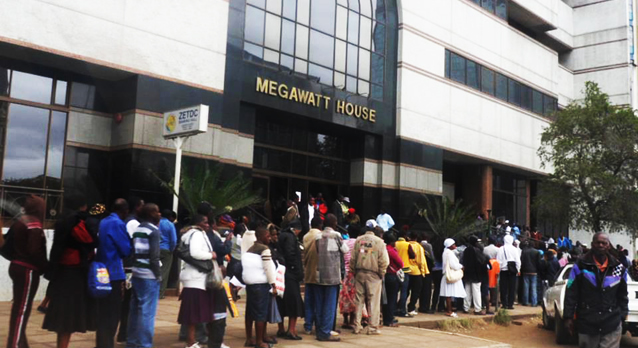
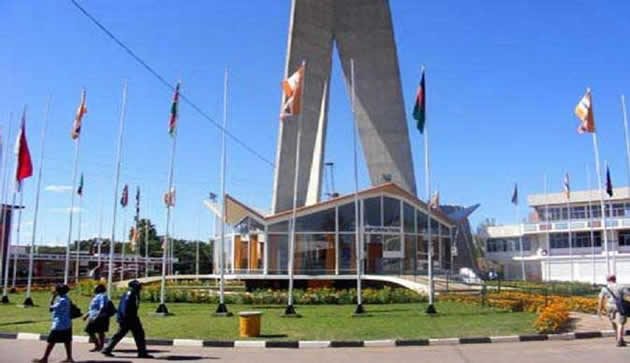
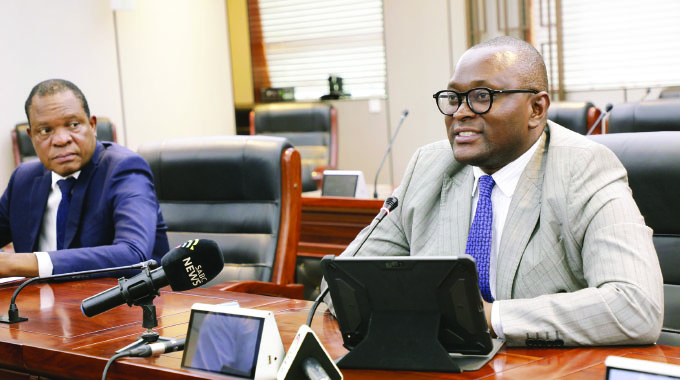
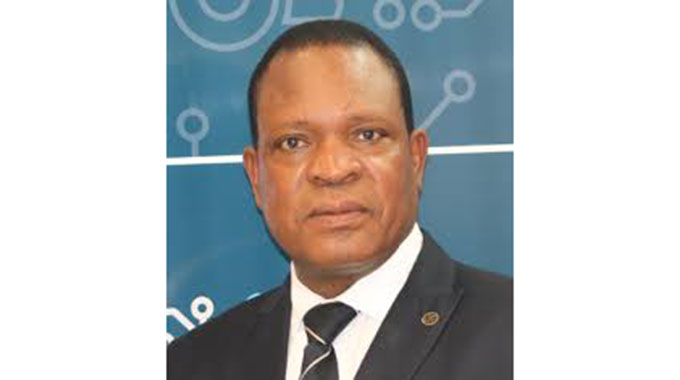
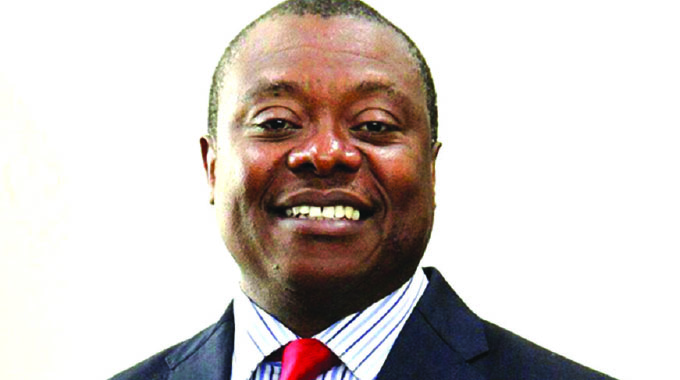

Comments